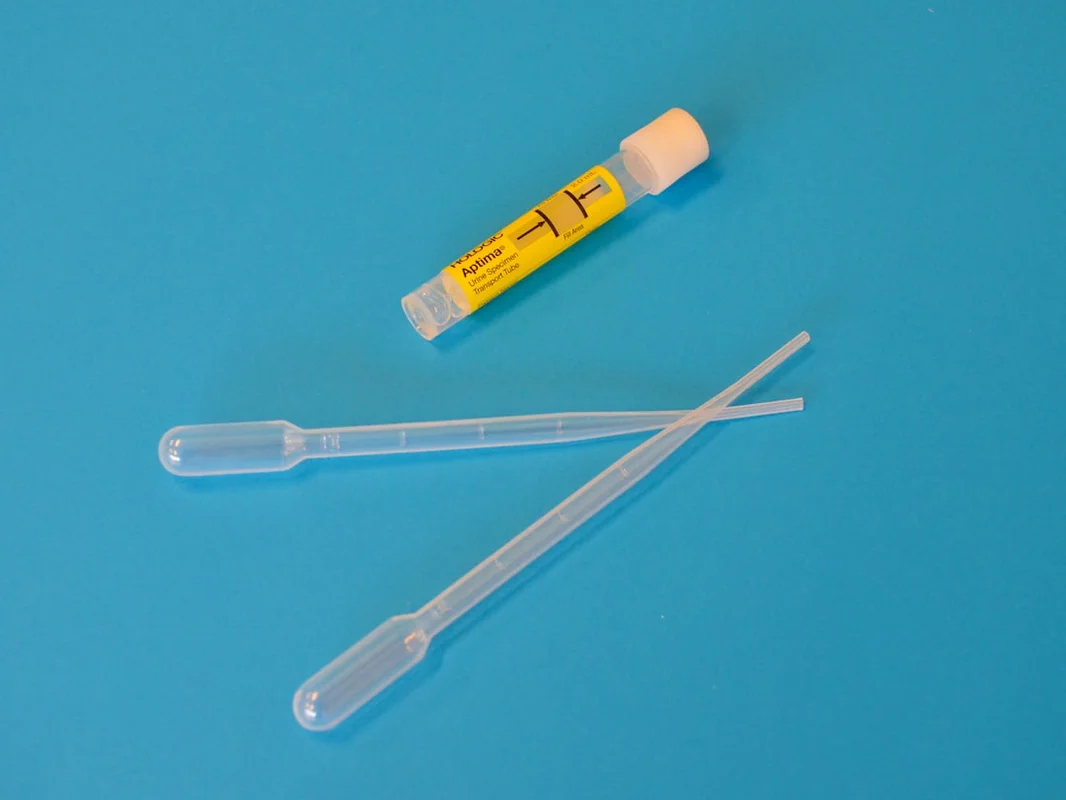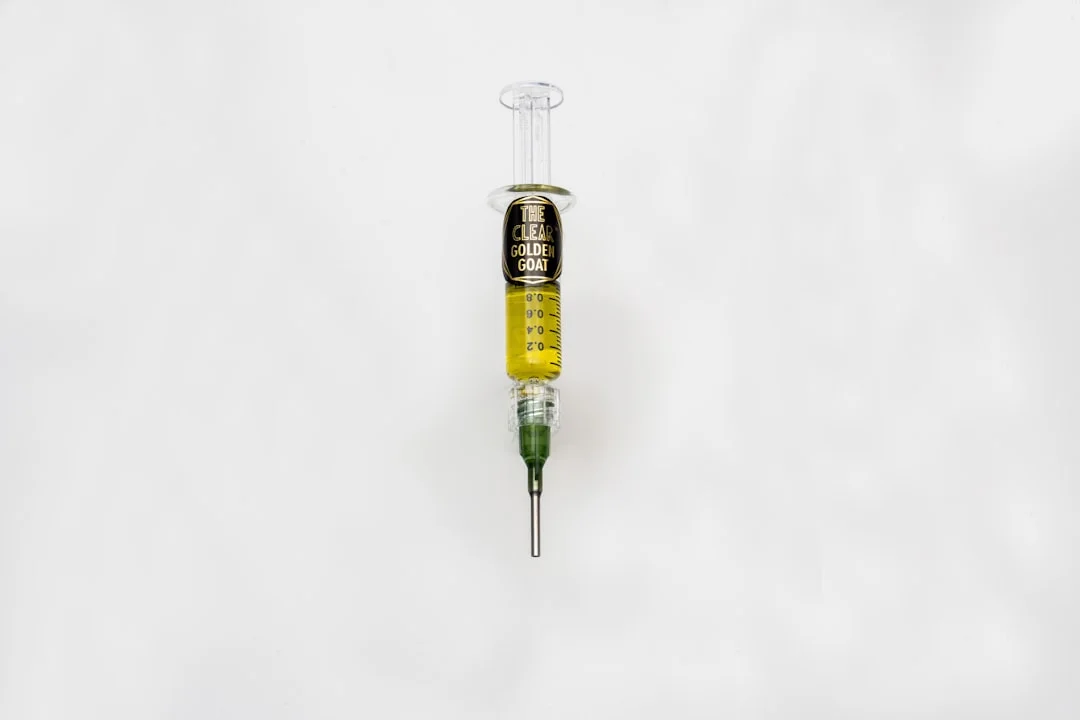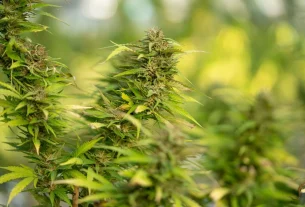Estimated Reading Time: 6 minutes
TTe buzz around CBD (cannabidiol) is undeniable.
From easing anxiety to potentially alleviating chronic pain, people are turning to CBD for a variety of reasons.
But one question consistently pops up: how long does CBD stay in your system? It’s a valid concern, especially if you’re subject to drug testing or simply curious about its effects and duration.
In this guide, we’ll explore the factors influencing CBD’s presence in your body, providing you with a clear and informed perspective.
I remember the first time I tried CBD. I was dealing with some pretty persistent sleep troubles and a friend suggested it.
Naturally, I was curious about how long the effects would last and, importantly, how long it would show up in my system.
The information available then was a bit… scattered, to say the least.
That’s why I’m so passionate about providing you with the most up-to-date and accurate information.
The duration that CBD remains detectable varies from person to person.
Several key factors come into play, influencing the rate at which your body processes and eliminates CBD.
Think of it like how long a delicious meal takes to digest – everyone’s experience is a little different.
This is probably the most significant factor.
If you take a small dose of CBD infrequently, it’s likely to leave your system faster than if you’re a regular user taking higher doses.
For instance, someone using CBD oil daily for managing chronic pain might have detectable levels for longer than someone who uses it once a week for relaxation.

Imagine consistently watering a plant versus watering it once a month – the impact is vastly different.
Your metabolic rate is essentially how efficiently your body processes substances. People with faster metabolisms tend to clear CBD more quickly.
Age, genetics, and overall health can all influence your metabolism.
If you’re generally a quick metabolizer, you might find that CBD has a shorter window of detection in your system.
As you age, the metabolism slows down, which can increase the amount of time required for CBD to leave the system.
Since CBD is fat-soluble, it can accumulate in fat cells.
People with a higher body fat percentage may retain CBD for longer periods because it has more places to store.
Your weight also plays a role, as a larger body often has a larger volume of blood and other fluids, potentially affecting how long CBD concentrations remain detectable.
How you take CBD impacts how quickly it’s absorbed and eliminated.
Inhaling CBD (vaping or smoking) typically leads to faster absorption and a shorter duration in your system, compared to oral consumption (oils, capsules, edibles).
This is because when inhaled, CBD directly enters your bloodstream.
Topicals, like creams and lotions, generally have a localized effect and are less likely to show up in a drug test because of their limited ability to enter the bloodstream.
So, how long does CBD stay in your system? While there’s no one-size-fits-all answer, here are some general guidelines based on what the science suggests, and my own observations:
It’s important to note that these are estimates.
If you are concerned about drug testing, it’s wise to consult with a healthcare professional or employer for precise guidance.

This is a big concern for many people, so let’s address it directly. Standard drug tests don’t typically screen for CBD itself.
Instead, they look for THC, the psychoactive compound in cannabis.
However, many CBD products contain trace amounts of THC, below the legal threshold of 0.3% in the United States.
Even this small amount can accumulate in the body over time, potentially leading to a positive drug test.
Therefore, it’s crucial to choose CBD products from reputable brands that provide third-party lab test results, which verify the product’s THC content.
These tests ensure the product contains the amount of THC stated on the label and is free from contaminants.
I’ve known people who have been caught out by this. One friend, let’s call her Sarah, was a regular CBD user for anxiety.
She used a product she found online that, according to the label, was THC-free. However, she failed a drug test for a new job.
Upon further investigation, the product didn’t live up to its claims.
Sarah’s experience highlights the importance of doing your homework and being extra cautious.
Even if you’re using a CBD product that claims to be THC-free, cross-contamination can sometimes occur during manufacturing or within the product itself, especially if not manufactured to the highest standards.
THC in your system, even a very low level, will trigger a positive drug test.
It’s critical that any CBD user is aware of the potential for this to occur, and chooses products accordingly.
If you’re concerned about drug tests, here are a few things to keep in mind:
So, to reiterate: how long does CBD stay in your system? The answer is, it depends.

It’s influenced by factors like dosage, frequency, metabolism, and the form of consumption.
While CBD use is becoming more widespread, it’s still essential to be informed about its effects, particularly if you’re subject to drug testing.
I hope this guide has provided you with some clarity. Being informed helps you make the best choices for your health and well-being.
Ultimately, understanding how your body processes CBD and making informed choices about the products you use is the key to a safe and positive experience.
For anyone thinking about trying CBD, I strongly recommend doing thorough research and talking to your doctor.
Remember to start low and go slow, and always prioritize your health and safety.
Frequently Asked Questions
Can CBD cause me to fail a drug test?
Yes, even if the product claims to be THC-free, there is a chance it could cause a failed drug test. This is because some CBD products contain trace amounts of THC.
If you use a product with any level of THC, especially if you’re a regular user, it may lead to a positive result on a drug test, particularly for urine tests. Always check third-party lab reports to ensure your product aligns with the stated levels.
What type of CBD product is least likely to cause a failed drug test?
Broad-spectrum CBD and CBD isolate products are the safest choices if you’re concerned about drug tests. Broad-spectrum products contain a range of cannabinoids but are processed to remove THC, while isolate products contain pure CBD with no other cannabinoids.
However, it’s still vital to confirm your product’s THC content with third-party lab reports. Using CBD isolate can reduce the chances of a failed drug test.
How long does CBD stay in your system if you only take it once?
If you take CBD just once, it will generally be detectable for a shorter period compared to regular users. For blood tests, detection might be limited to 1-2 days, while saliva tests could show results for 24-72 hours.
Urine tests might pick up CBD metabolites for several days, but not as long as it would in a regular user. Several factors can impact this, though. As a rule, a one-time dose is cleared more quickly than if you were to take it daily.
Are there any natural ways to help remove CBD from your system faster?
While no proven methods can completely eliminate CBD, maintaining a healthy lifestyle can support your body’s natural detoxification processes. This includes staying hydrated by drinking plenty of water, which helps your kidneys filter waste.
Exercising regularly can also increase your metabolic rate, potentially speeding up the elimination process. However, the impact of these lifestyle changes on CBD clearance is generally considered minimal, and the effectiveness of these methods is not scientifically confirmed.
Always check with your physician, before adding any supplements to your routine.



